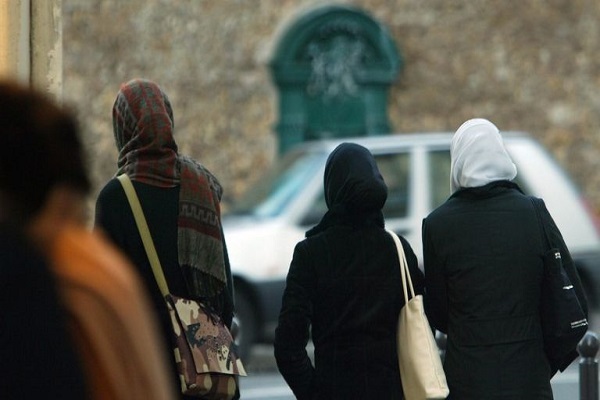Vienna Government Renews Push for School Headscarf Ban

The move renews a contentious national debate, with the government expressing confidence the revised bill will withstand constitutional challenges that thwarted a previous version.
Late Tuesday, the council of ministers, a co-ordination group for the coalition government, agreed on a draft law that aims to prevent predominantly Muslim girls under 14 from wearing religious headgear in schools, either voluntarily or under duress.
Education minister Christoph Wiederkehr (of the small, liberal Neos party) said he was “optimistic” that the new law would pass muster with Austria’s Constitutional Court.
In 2020, the Court had struck down a similar law passed by the government of former chancellor Sebastian Kurz (Austrian People’s Party, ÖVP), saying it violated constitutional legislation on religious freedom.
The new law will be voted on in parliament in December and, if passed, would enter into force in February 2026 for the start of the summer semester.
The draft law – which technically amends several laws on schooling in Austria – bans female schoolchildren under 14 from “wearing a headscarf that veils the head in accordance with Islamic traditions” in school.
Parents would be required to make sure their daughters abide by the new regulation under threat of fines ranging from €150 to €800.
In case of a violation, school management has to organize a talk with the pupil and her parents. If they still do not follow the ban, there will be a second meeting with the relevant District School Authority. Only after this second stage would the fines apply.
The draft law also targets Muslim children and youths who act as so-called “moral guardians” in school, for example by bullying their female classmates to observe Islamic clothing rules and morals.
Read More:
In the future, the school authority would be allowed to suspend such pupils.
According to media reports, “moral guardians” are an increasingly widespread phenomena at Austrian schools, especially in Vienna where already more than 40 per cent of schoolchildren in public elementary and middle schools are Muslim.
The big question dominating the debate is whether the law will be struck down by the Constitutional Court (VfGH). It has taken a more activist stance in past years, from granting the right of marriage for homosexual couples in 2017 to introducing the right to assisted suicide in 2020.
In December 2020, the Court had annulled the previous headscarf ban, saying it unduly discriminated against Muslims, limited freedom of religion and did not uphold the State’s religious and ideological neutrality.
In theory, the Austrian parliament could bypass the Constitutional Court by greenlighting the law “in constitutional rank”. For this, a two-thirds majority would be necessary.
Although Austria’s conservative-Social Democrat-liberal coalition government only has a majority of 105 out of 183 MPs, a two-thirds majority would still be possible as the opposition Austrian Freedom Party has signaled a willingness to vote with the government.
Austria’s Social Democrats (SPÖ), though, have already declined to vote the law in with a supermajority.
While the party is saying members do not want to forcefully bypass the Constitutional Court, others are accusing it of playing a duplicitous game: Voting in favor of the ban only to have it struck down by the Court, thus not angering its sizeable Muslim voter base.
The SPÖ had reportedly also fought to keep the fines for violations as low as possible.
Source: Brusselssignal.eu



